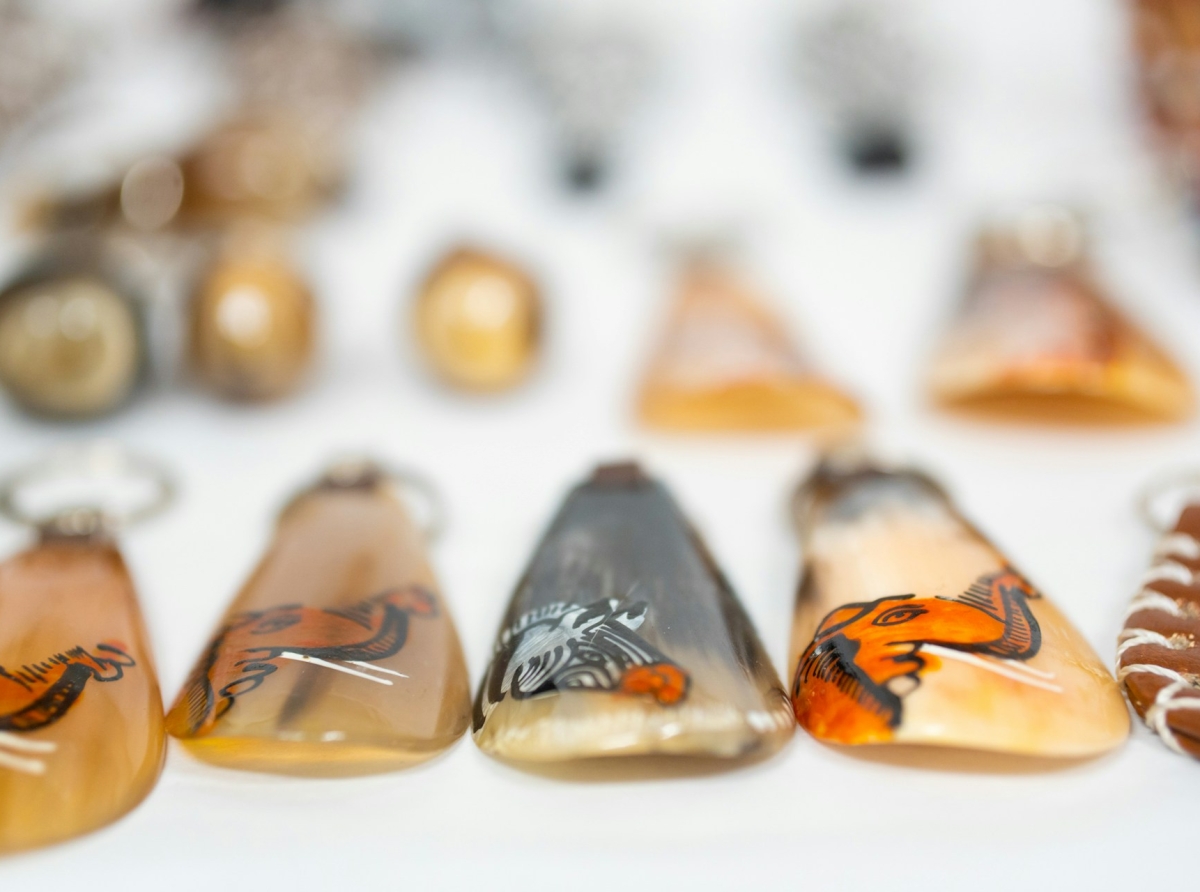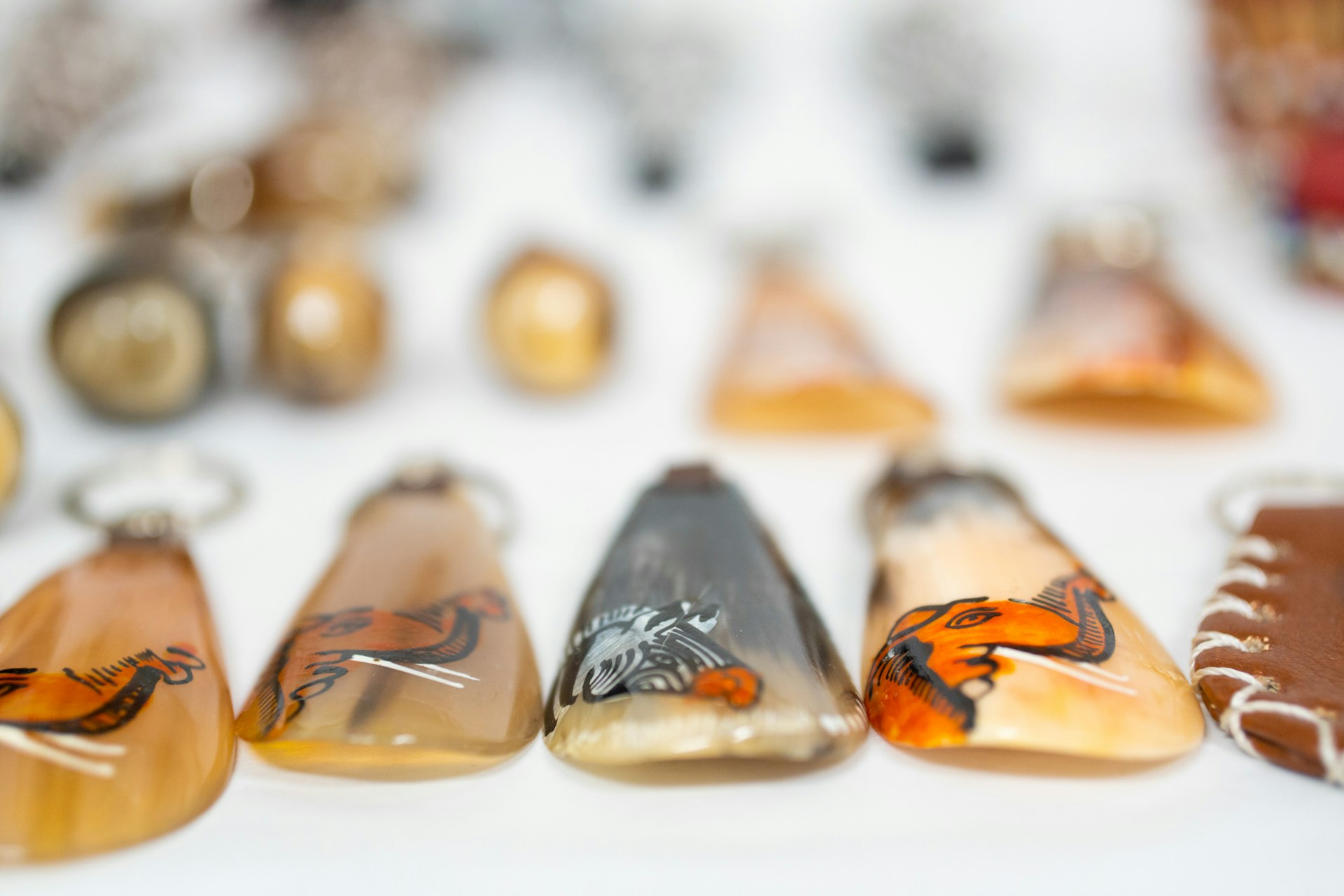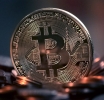Investments in Collectibles: An Intriguing Financial Frontier

Investments in Collectibles: An Intriguing Financial Frontier
In recent years, investing in collectibles has emerged as a captivating trend among both seasoned and novice investors.
This surge in interest is not merely a fleeting fascination but rather a strategic move towards diversifying investment portfolios with tangible assets.
Collectibles encompass a wide range of items, each appealing due to their rarity, historical significance, or cultural value. They offer an intriguing juxtaposition to traditional investments, promising both aesthetic pleasure and potential financial gain.
This surge in interest is not merely a fleeting fascination but rather a strategic move towards diversifying investment portfolios with tangible assets.
Collectibles encompass a wide range of items, each appealing due to their rarity, historical significance, or cultural value. They offer an intriguing juxtaposition to traditional investments, promising both aesthetic pleasure and potential financial gain.

Investments in Collectibles: An Intriguing Financial Frontier
Historical Context
The allure of collecting valuable items dates back centuries, with early examples including rare coins and ancient artifacts cherished by emperors and nobility.Over time, items like fine art, vintage wines, and rare manuscripts have become sought-after treasures, appreciated not only for their beauty but also for their investment potential.
Notably, Leonardo da Vinci’s “Salvator Mundi” exemplifies this evolution — once sold for a mere $60 in the 1950s, it fetched over $450 million at auction in 2017.
Factors Driving the Rise
Several factors have propelled the rise of collectibles as viable investment options. Economically, low-interest rates have spurred investors to seek alternative asset classes.Culturally, there is a growing appreciation for unique stories behind each collectible piece.
Technologically, platforms like eBay and social media have democratized access to rare items and expanded their reach globally.
These online spaces not only facilitate transactions but also foster communities centered around shared interests.
Types of Collectibles
The spectrum of collectibles is vast and varied:Art: Paintings and sculptures can command high prices due to artistic merit or historical significance.
Coins: Often valued for their rarity or condition; ancient coins can provide insights into past civilizations.
Stamps: Sought after for unique designs or printing errors that enhance their rarity.
Toys: Nostalgic value drives demand for classic toys like original Star Wars figures or Barbie dolls.
Digital Assets (NFTs): Representing ownership of digital art or music through blockchain technology; they are the latest frontier in the collectibles market.
Each category holds value differently — while art might appreciate due to an artist’s rising fame, NFTs hinge on digital scarcity and technological advancements.
Risks and Considerations
Investing in collectibles comes with its own set of challenges:Market Volatility: Unlike stocks that are traded daily with clear valuations, collectibles can be subject to fluctuating market interests.
Authenticity Issues: Verifying authenticity is crucial as counterfeits abound in high-value markets.
Storage and Maintenance: Physical items require proper care to maintain their condition over time.
For those entering this domain, it’s important to research thoroughly — understanding market trends, seeking expert appraisals for authenticity verification, and considering long-term preservation needs are essential steps towards making informed investments.
In conclusion, while investing in collectibles presents unique opportunities beyond traditional assets’ reach by blending passion with profit potential — it demands careful consideration of various factors influencing this dynamic market landscape.
Collectibles, Investments, Market Trends, Asset Diversification, Alternative Investments









Report
My comments